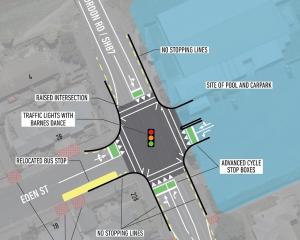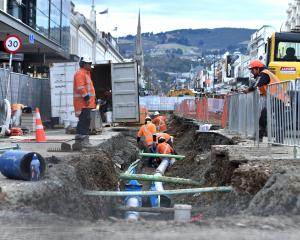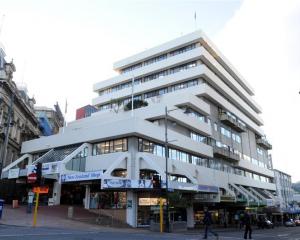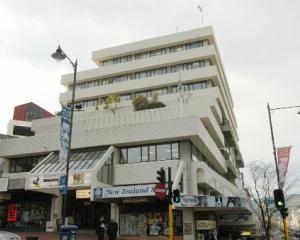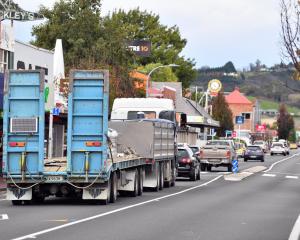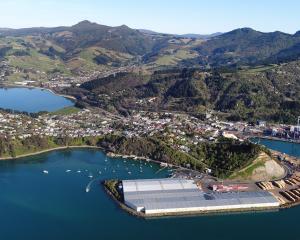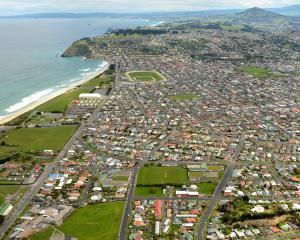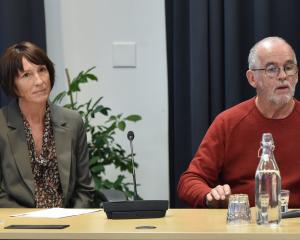The legal status of an inner city Dunedin apartment destroyed in a fire on Wednesday is to be investigated by the Dunedin City Council.
Council chief building control officer Neil McLeod said his team would take a look at the building after the fire investigator had been through.
He was unable to find a copy of the original floor plan of the 140-year-old Princes St building, so it was unclear if there had always been sleeping accommodation in the building.
However, if the apartment that caught fire was built or altered since 1919 - the last record of any work on the building - the council had no record of any consent application.
"I'm not saying [the occupant] wasn't meant to be there, just that we have no record of it."
If consent was not sought when building work was done, the council had no way of knowing if buildings were being used for purposes other than those for which they had consent.
Putting sleeping accommodation into a building previously used for another purpose was a change of use under the Building Act and any building work required a building consent.
For buildings in the central city, a resource consent would most likely also be required.
Appropriate fire alarms and fire ratings, particularly concerning exits and ceilings between floors, would legally be required for any building such as the upstairs of the Princes St bookstore being converted into sleeping accommodation.
Ultimately, using a building for a purpose for which it was not consented could end in a Building Act prosecution, Mr McLeod said.
The problem would be proving who did the unconsented work.
If it was an owner several before the present owner, it was unlikely the present owner would be prosecuted.
He recommended intending buyers should obtain a Land Information Memorandum (LIM) report, which would indicate what work on the property was consented; or independent advice on whether the building was fit for the purpose for the buyer's intended purpose.
People who discovered parts of a property they had bought had not been given consent could apply, if the work had been done since 1993, for a certificate of acceptance.
However, this certificate did not infer any responsibility on the council because inspectors could not do complete inspections.
If it appeared the work had been done before 1993, property owners could send what was called a "safe and sanitary report" to council, but such reports gave the council no responsibility. They only made the building work a matter of record.
Mr McLeod said he did not know how many unconsented apartments might be in Dunedin. If the council had been made aware of them, his team would have inspected them.
There had long been a trend towards turning unused upstairs floor space in the central city into apartments, he said.
The Fire Service most often notified the council of possibly unconsented apartments.
Attempts to contact the owner of the Princes St building were unsuccessful yesterday.


